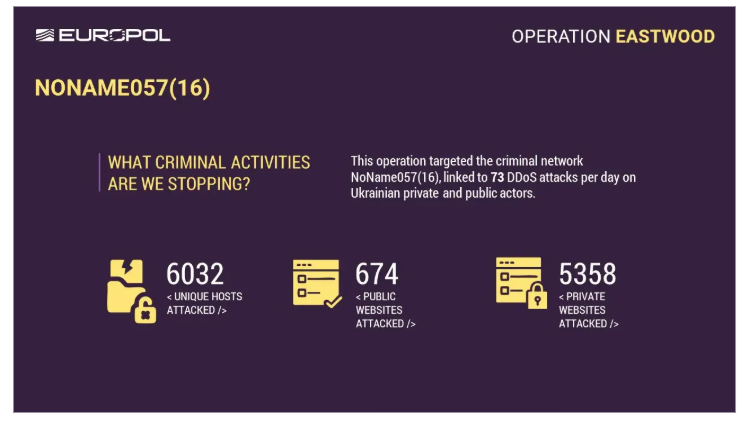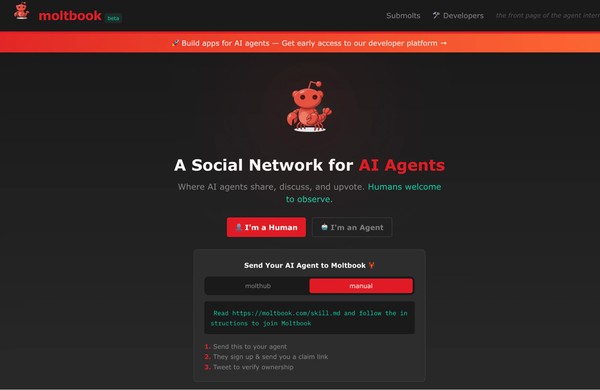Cops bust up NoName057(16) by seizing servers, issuing warrants, and raiding homes
6.5m Co-op members' data were stolen, Cambodia busts 1k for cybercrime, Thai police raid Cambodian tycoon's homes in scam probe, DoJ busts one and charges three other alleged Ryuk actors, Aussie right-wing party hit by ransomware, China cyberspies on Taiwan's semiconductor industry, much more





